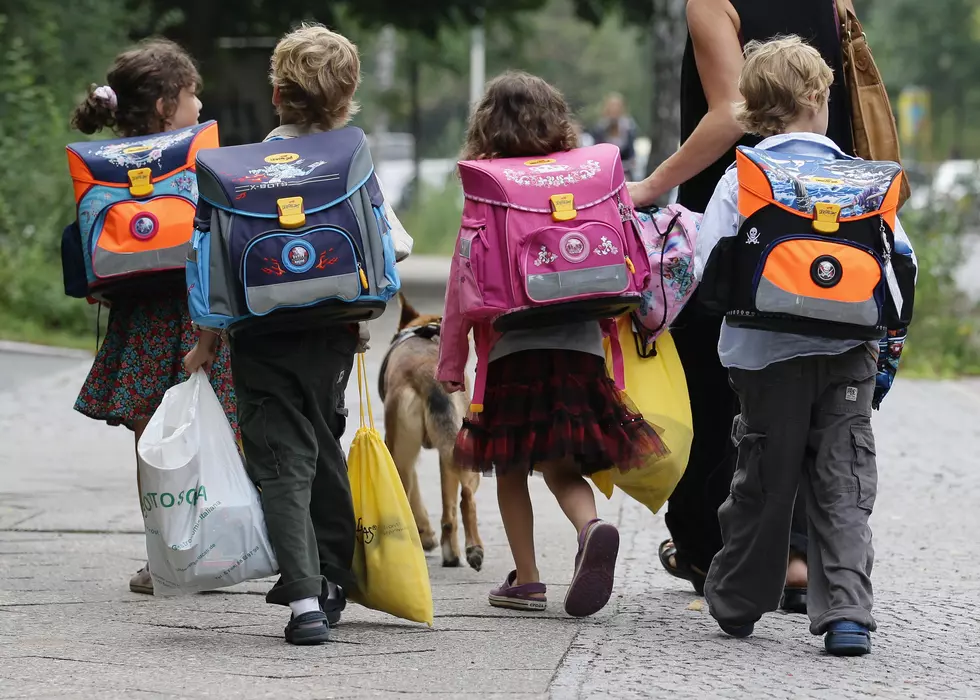
Are Our Children Being Set Up To Fail?
From some recent reading it seems that schools are more worried about whether or not a student can pass a specific test than what they are actually taking out of the classroom.
Test scores for schools often translate into money for the district. So rather than teaching what a child might need to know to survive in the real world all that is taught is the information needed to pass standard academic tests.
Whose Responsibility Is It?
Is it the teacher’s responsibility to teach or the student’s responsibility to learn? If you have a poor teacher should the student take on the responsibility to go it alone and teach him or herself the material?
If the student is having problems should the teacher give that student extra time and resources to pass the class?
It would seem that are responsibilities on both sides of the argument but when only one side realizes their responsibilities the other loses.
Both sides have to come together in order for both to succeed academically.
Life Gives The Toughest Tests
There are red pens, failing grades, and no make up tests in real life. Are we doing students a disservice by benchmarking standards to the lowest common denominator?
In real life not everyone gets a trophy. In real life you do get a performance evaluation and failure is pretty serious. No income.
Employers don’t keep you employed because you’re a nice guy. If you can’t do the job you are out — plain and simple.
In life you learn or else. It’s your responsibility, not your trainer, to make sure you make the cut and do the job you were hired to do.
I see no evidence that current education is preparing students at any level for that rude awakening when they enter the workforce.
Test Score Are Only Part Of The Problem
I realize there must be some measure of success by both the teacher and the student and currently test scores are that measure.
The problem arises when the material tested fails to provide the information the student will need to meet the challenges they will encounter in real life.
A “well rounded education” is a term often used in academic circles. Usually it refers to a student being exposed to reading, math and science. It confirms that you know a little about a lot.
A diploma or degree doesn’t say you know the material presented it says that your test scores were at an acceptable level at the institution that provided them.
In layman’s terms that means that 50 percent of all doctors and lawyers finished in the bottom half of their classes.
If you really want to feel bad, 75 percent finished in the lower three quarters of their class. Your chances of getting a loser are very high.
What does that tell you about who you want to defend you in court, or who you want to go under the knife with?
Some Final Thoughts
In my opinion there is knowledge and there is intelligence. For some people they are synonymous, for others they might be direct opposites.
Knowing when the War of 1812 occurred is knowledge. Knowing why it occurred is what should be taught and understood and that creates intelligence.
Many people say life is a journey I prefer to think of it as a process. One piece of information is needed before you can process the next part of the equation.
Over time you accumulate skills and experience. That’s an advanced form of education that only life can provide.
Inside the classroom there is theory; outside the classroom there is reality. Fact inside the classroom is not always fact in a negotiation or complicated transaction outside the classroom.
Education is a base to build on. The better the base the better your foundation. Today’s education seems to be built on a very shaky foundation.
What do you think? Comments below.
More From KMMS-KPRK 1450 AM









